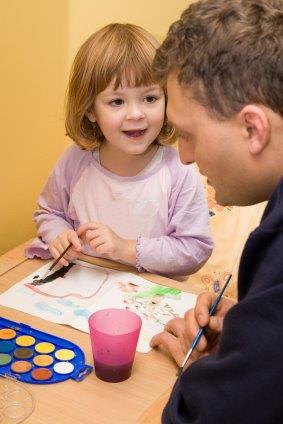 We all “reflect” in various ways such as in our children’s portfolios and documentation, daily curriculum reflections, staff meetings, staff appraisals…
We all “reflect” in various ways such as in our children’s portfolios and documentation, daily curriculum reflections, staff meetings, staff appraisals…
National Quality Standard, Quality Area 1.2.3 states critical reflection on children’s learning and development, both as individuals and in groups, is regularly used to implement the program.
But do we often “critically reflect?”
Critical reflection requires us to think about our practice and ideas and then it challenges us to step-back and examine our thinking by asking thought provoking questions. It asks us to not only delve into the past and look at the present but importantly it asks us to speculate about the future and act upon this.
It means that for us as educators to become critical reflectors we need too;
- understand critical thinking- conscious, rational and empathetic way of thinking which influences behaviour
- be aware of self and self reflect
- ask ourselves “why”
- ask ourselves “what did I do well and why? / what do I need to do next time?”
- communicate and share with others
- Develop deeper theoretical understanding of children’s development and learning- sample
So as you move through your studies and career in children’s services try to think deeper, reflect on past, present and future, think about behaviour, attitude and action and this will lead you to become a more enriched and authentic educator, providing more meaningful learning outcomes for children.
Leave a Reply